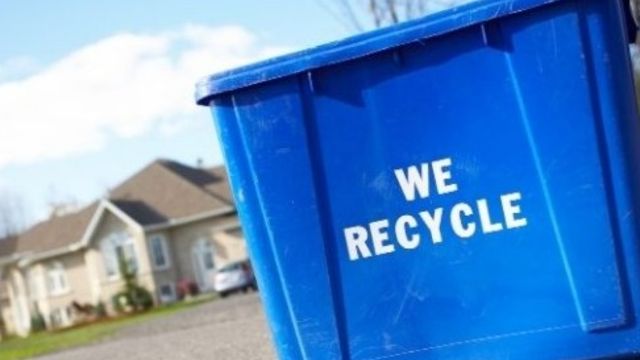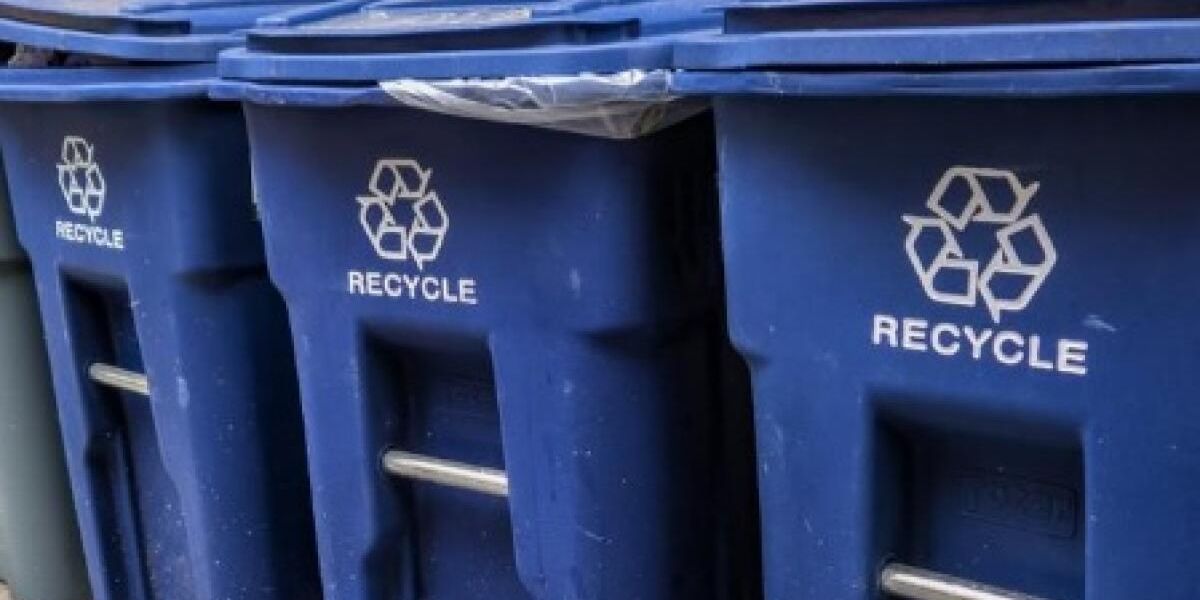In order to strengthen recycling and organics systems and divert trash from disposal, some states revised their garbage, recycling, and organics legislation in the new year.
There are already new rules pertaining to organics management, recycling access, and the right-to-repair, and more are anticipated to be implemented by July.
The consumer right-to-repair law in Oregon goes into force
On January 1, Oregon implemented its new consumer electronics right-to-repair regulation. Manufacturers of products including cell phones, laptops, and appliances are now required by the state to give customers and independent repair companies access to replacement parts, service manuals, and other materials.
Additionally, the rule forbids manufacturers from “parts pairing,” which is the use of software that stops technicians from installing spare parts completely.
According to proponents, the new rule will assist in diverting more devices from disposal, potentially reducing the number of lithium-ion battery fires that occur in the waste stream.
The bill, which was signed by Governor Tina Kotek in 2024, was backed by groups like iFixit, the Association of Oregon Recyclers, and the Oregon Refuse and Recycling Association.
Additional Businesses in Washington are now required to set up organics management.
Businesses in Washington state that produce at least four cubic yards of organic waste each week will now have to handle their waste on-site or arrange for collection services.
It is a component of a larger state objective to raise the amount of edible food recovered by 20% by 2025 and decrease the discharge of organic waste by 75% by 2030.

Larger producers have been subject to the regulation since early 2024; companies that produce at least 96 gallons per week will be subject to the same requirement in 2026.
Following the passage of HB 1799 by lawmakers in 2022, organics recycling regulations for enterprises were established. A companion law that revised some organics recycling regulations was also passed by the state last year.
2025 Brings Hope for Low-Income Workers in 21 States with Wage Increases
Other noteworthy new laws:
Recycling at large events: In Illinois, some venues—such as convention halls and some types of sports stadiums—that accommodate gatherings of at least 3,500 people are required to have recycling and composting bins available.
Bans on polystyrene foam packaging: Laws in Rhode Island and Oregon already prohibit specific eateries or food vendors from supplying or selling food in polystyrene foam containers. Smaller eateries, non-profit organizations, governmental organizations, and other organizations are now subject to Illinois’ current prohibition. Delaware will implement a comparable bill on July 1.
Bans on single-use packaging in hotels: New York has made it illegal for hotels with 50 rooms or more to serve personal hygiene items like shampoo or soap in single-use packaging or tiny plastic containers. A similar law for hotels with 50 rooms or more is scheduled to take effect in Illinois on July 1. In 2027, Washington will do the same for some types of hotels.
Tennessee’s New 2025 Laws: Mandates Age Checks on Social Media and Certain Websites
Additional legislation enacted in July:
- The bottle bill for Oregon will include canned wine. The rule goes into effect on July 1 and only affects wines that are sold in aluminum cans rather than glass bottles. Aluminum beer cans are already covered by the state’s bottle bill.
- Battery disposal will be prohibited in New Hampshire. Starting July 1, the garbage industry-backed ban will make it illegal to dispose of lithium-ion batteries and a variety of other electronic items. Wireless phones, copiers, printers, fax machines, and various computer accessories are all included in this. Information regarding the ban must be posted by garbage and recycling facility operators.
- A portion of Maine’s bottle law will be updated. In July, some provisions of the state’s bottle bill update law will become operative. Among other things, a new “commingling cooperative” of brand owners that was formed in October will start collecting deposits in July. The group’s purpose is to coordinate container collection as a whole and exchange cost and collection information. Reworking program funds, reducing sorting criteria for redemption centers, altering the distribution of unclaimed deposits, and encouraging reuse initiatives are some of the other anticipated modifications.

